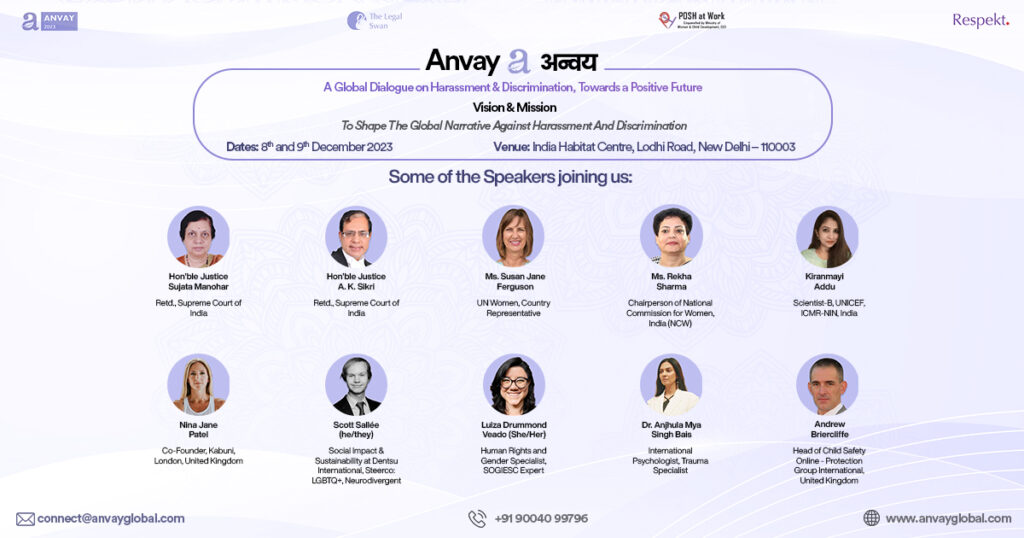Now Reading: NUJS Kolkata’s Programme on Insolvency and Bankruptcy Code
-
01
NUJS Kolkata’s Programme on Insolvency and Bankruptcy Code
NUJS Kolkata’s Programme on Insolvency and Bankruptcy Code
There have been momentous changes in Indian Financial and Corporate Laws in the last decade so that the regulatory system can match up to the country’s flourishing economic growth figures. The Companies Act, 2013 has introduced many path breaking provisions to ease the doing of business in India.
The WBNUJS has organised the Programme on the Insolvency and Bankruptcy Code, 2016, to address these numerous queries from advocates, faculty and students and to critically examine what these regulations mean for the future of Indian businesses and those doing business in India.
In particular, the programme is tailored to address critical issues such as the NCLAT’s criminal jurisdiction, future of class action suits, the scope for conflict in insolvency resolution, etc. in an interactive setting, to facilitate mutual dialogue and productive deliberations.
REGISTRATION
The programme shall be held on 16th September 2017 (schedule outlined below).
Entry is free and available to Law Practitioners, Lawyers and Law Students, members and students of EIRC-The Institute of Chartered Accountants of India(ICAI), ICSI (Institute of Company Secretaries of India), Institute of Cost and Works Accountants of India (ICWAI) and students pursuing studies in Economics, Business Studies and Business Management/Business Administration.
Certificates shall be provided to those attendees who attend the event in entirety.
Registration: Click here
SCHEDULE
| 9.30 am – 10.30 am | Registrations and Assembly |
| 10.30 am-10.45 am | Felicitation of Justice Mukhopadhaya |
| 10.45 am – 11am | Welcome Address by the Vice Chancellor
|
| 11am -11.30am | Introduction on the IBC code by Ms. Vaneeta Patnaik |
| 11.30am -1.30pm | Address by Hon’ble Justice S.J Mukhopadhaya (Chairperson NCLAT and CCAT) on the Effect of Insolvency and Bankruptcy Resolutions on Corporate Sector |
| 1.30 pm – 2.15 pm | Lunch break |
| 2.15pm-4.30 pm | Interactive Session on IBC Code – Chair – Hon’ble Justice Mukhopadhaya
|
| Criminal jurisdiction and the NCLAT – Hon’ble Justice Mukhopadhaya
|
|
| Future of class action suits in India (under Companies Act, 2013 and beyond) – Hon’ble Justice Sanjib Banerjee | |
| Labour courts and NCLT / NCLAT – scope for conflict in insolvency resolution? Prof. Saurabh Bhattacharya, Sr. Counsel Mr. Jishnu Saha | |
| Concluding Remarks and Vote of Thanks by Prof. Anuradha Ghosh |
Contact
For inquiries, please send a mail at cfrgs@nujs.edu







